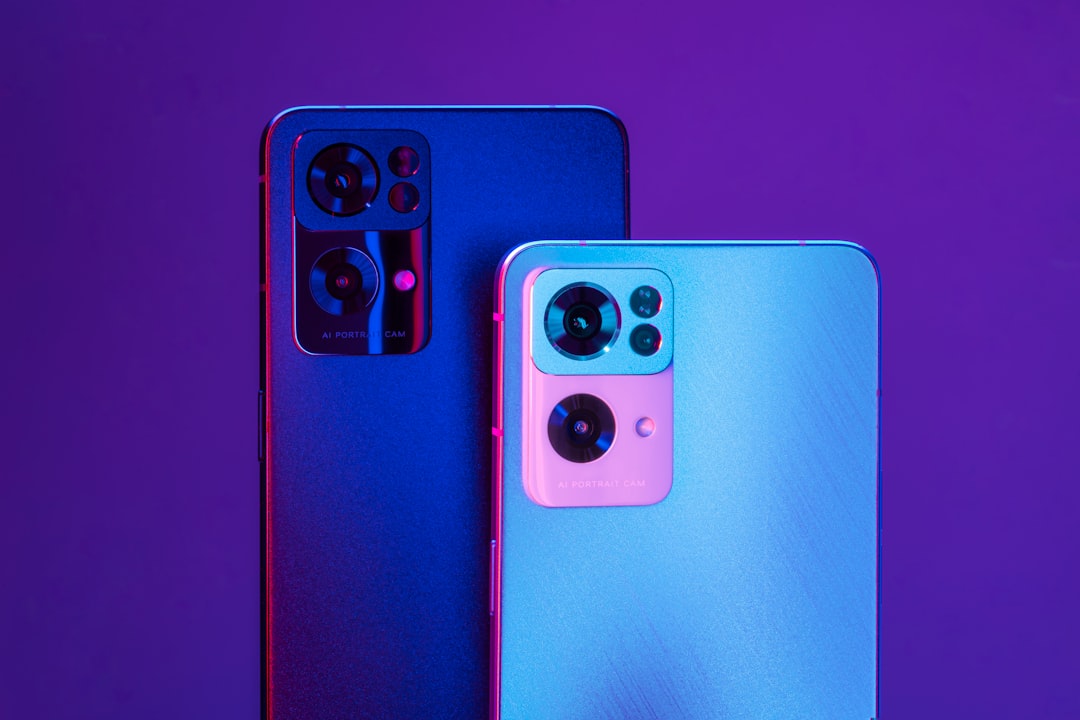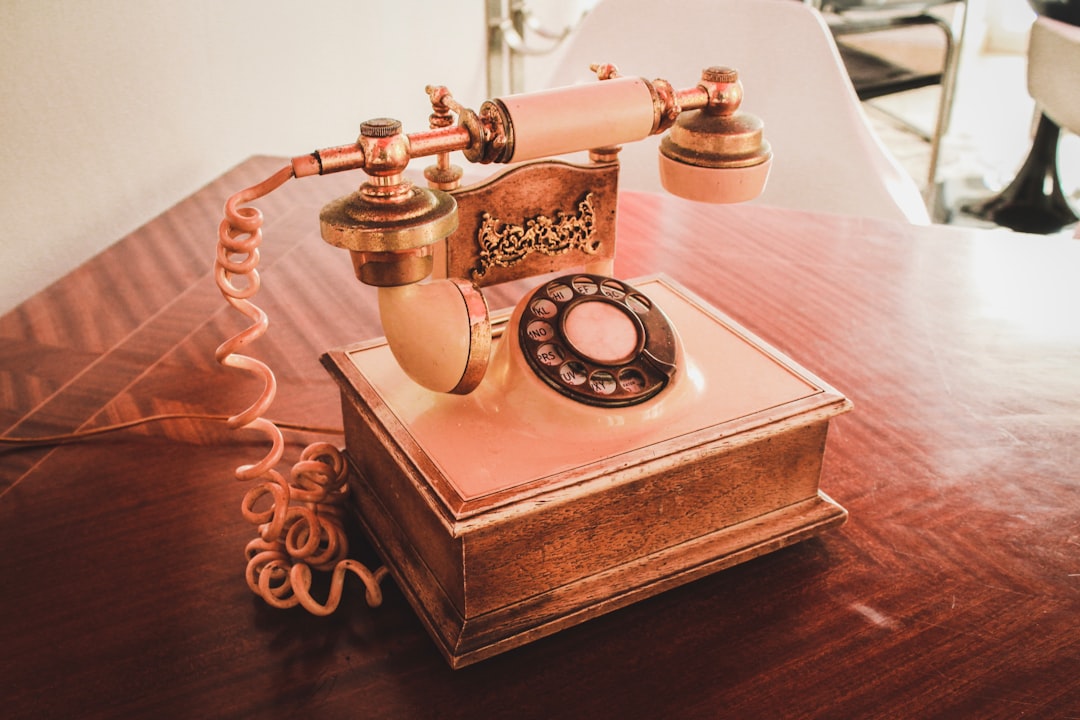Maryland's "Do Not Call" laws protect residents from unsolicited telemarketing, with businesses requiring explicit consent. Nonprofits and political campaigns are exempt for fundraising and democratic participation but must follow guidelines. Exclusions exist for B2B communications based on relationships or consent, ensuring balance between commerce and privacy.
Maryland’s Do Not Call Regulations protect residents from unwanted telemarketing calls, but certain groups and situations are exempt. This article explores the nuances of these exemptions, including provisions for nonprofits, B2B communications, political campaigns, and personal relationships. Understanding these exceptions is crucial for businesses and organizations navigating Maryland’s stringent Do Not Call Laws. By delving into these areas, we aim to provide clarity and guidance on when calls are permissible, ensuring compliance with Maryland’s regulations.
Understanding Maryland's Do Not Call Laws

Maryland, like many states, has implemented “Do Not Call” laws to protect residents from unwanted telemarketing calls and sales pitches. These regulations are designed to give consumers control over their phone privacy. The Maryland Public Service Commission oversees compliance with these laws, ensuring that businesses adhere to specific guidelines.
Under Maryland’s Do Not Call Laws, businesses are prohibited from making outbound telephone solicitations to residential numbers unless the caller has obtained prior explicit consent from the resident. This means that if you have not given permission for your number to be contacted by sales or marketing representatives, you should expect fewer calls and more peace of mind. The laws also provide a mechanism for residents to register their numbers on official “Do Not Call” lists, further blocking unwanted calls.
Exemptions for Nonprofit Organizations

Nonprofit organizations operating in Maryland are generally exempt from the state’s Do Not Call laws, providing a significant relief for these entities engaged in fundraising activities. This exemption allows them to reach out to potential donors through telephone calls without first obtaining written consent. However, nonprofits must still adhere to certain guidelines, such as providing clear identification when making calls and respecting individuals who choose to decline participation.
The Do Not Call Laws in Maryland are designed to protect residents from unsolicited sales calls, but they exclude charitable organizations due to their non-profit status and the vital role they play in serving the community. This exemption ensures that nonprofits can continue their essential fundraising efforts while maintaining compliance with state regulations.
Business-to-Business Communications

In Maryland, the Do Not Call laws primarily focus on protecting consumers from unsolicited sales calls. However, there are certain exemptions that allow businesses to initiate communication with specific groups, including one notable category: Business-to-Business (B2B) communications. These exemptions recognize the unique dynamics of interactions between companies, ensuring fair practices while still respecting privacy.
Under Maryland’s Do Not Call regulations, B2B calls are generally permissible as long as they involve legitimate business purposes like sales, marketing, or networking. This exemption is designed to facilitate commercial relationships and avoid overly restrictive measures that could hinder economic growth. Businesses engaging in B2B communications must adhere to specific guidelines, including respecting recipients’ opt-out rights and ensuring compliance with data privacy regulations.
Political Campaign Exclusions

Political campaigns, however, are exempt from Maryland’s Do Not Call laws. This exemption allows political organizations and candidates to reach out to potential voters by phone in an effort to gain support. The exception is designed to encourage democratic participation by ensuring that people can be contacted during election cycles without worrying about unwanted calls.
While this exclusion provides a crucial tool for political engagement, it’s important to remember that even within this context, there are rules to follow. Campaign callers must provide their name and affiliation and respect an individual’s right to opt out of future calls. Understanding these exemptions is key to navigating Maryland’s Do Not Call regulations effectively.
Personal Relationships and Consent

Maryland’s Do Not Call laws are designed to protect residents from unwanted telemarketing calls, but there are exemptions for certain types of communications. One significant exemption is based on personal relationships and consent. This means that calls or messages from individuals with whom you have an established relationship or who have your explicit consent are not governed by the Do Not Call Laws. For example, if a friend or family member reaches out to you personally, these calls are exempt.
Consent plays a crucial role in this exemption. If you give someone your written or verbal permission to contact you, even for commercial purposes, it allows them to make calls without fear of violating state regulations. This flexibility acknowledges the importance of personal connections and ensures that individuals can maintain communication with those they wish to stay in touch with, regardless of telemarketing restrictions.






